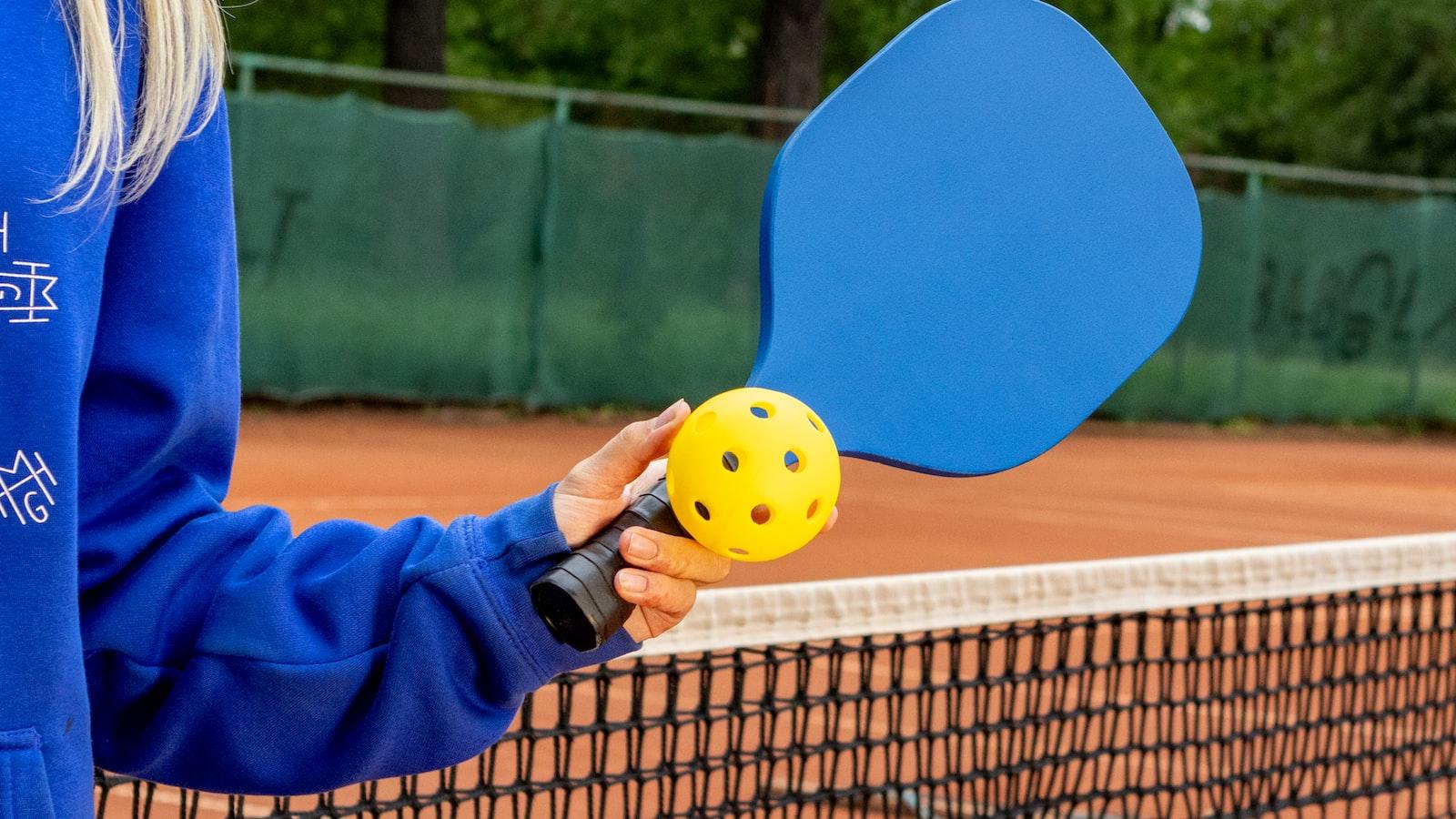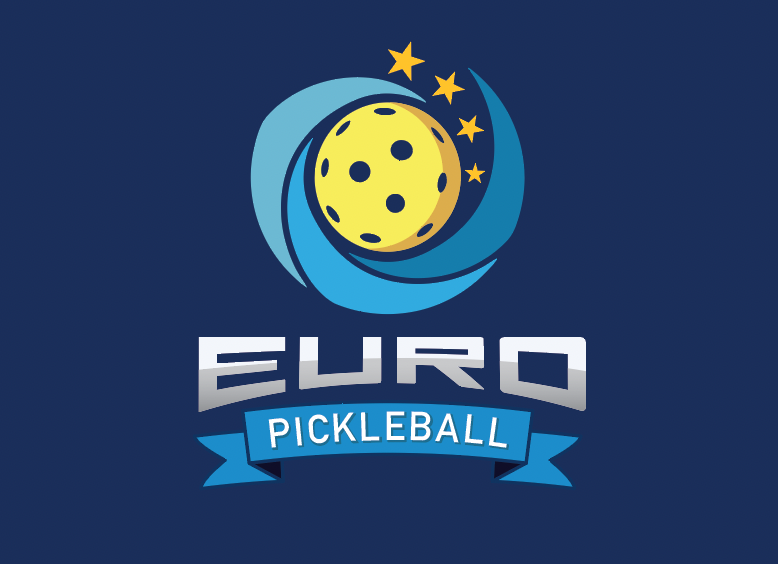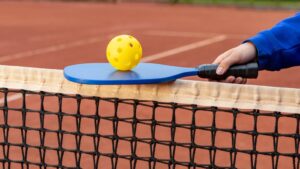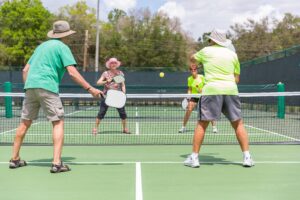
What specific aspects of Pickleball make it an inclusive sport for disabled athletes?
Empowering Disabled Champions: Unleashing the Power of Pickleball for a Thriving Community
Pickleball – a game that combines elements of tennis, badminton, and table tennis – has taken the world by storm in recent years. With its simple rules, low-impact nature, and ability to accommodate players of all ages and abilities, it has quickly become a popular choice for sports enthusiasts.
However, one aspect that makes pickleball truly special is its capacity to empower individuals with disabilities. The game’s inclusive nature and adaptability have paved the way for a thriving community of disabled champions who discover joy, camaraderie, and endless possibilities on the pickleball court.
Breaking Barriers: Pickleball for All Abilities
Pickleball is uniquely positioned to be a sport that welcomes players with disabilities. Its relatively small court size, slower pace, and modified equipment make it accessible to a wide range of individuals who may struggle to participate in more traditional sports.
Wheelchair users, for example, can easily maneuver their chairs on the pickleball court, thanks to its smooth surface and minimal movement required. Players with mobility impairments can participate using adaptive equipment, such as specialized paddles and ball-launchers, ensuring they can fully engage in the game without limitations.
Moreover, pickleball’s inclusive nature extends beyond physical disabilities. Individuals with visual impairments can use auditory cues to locate the ball and strategically position themselves on the court. Players with intellectual disabilities can also enjoy pickleball, as the sport’s rulebook is straightforward, and the game promotes social interaction, enhancing cognitive skills and fostering a sense of belonging.
Creating a Supportive Community
Pickleball communities around the world have embraced inclusion and actively work towards fostering a supportive environment for disabled players. Local clubs and organizations organize adaptive pickleball programs, offering specialized training, equipment, and opportunities for individuals with disabilities to participate in tournaments and leagues.
Through these initiatives, disabled champions find a sense of belonging and develop relationships with fellow players who share their passion. Pickleball becomes a platform for building connections, challenging perceived limitations, and celebrating the abilities and achievements of each participant.
Changing Lives, One Game at a Time
Pickleball’s impact on the lives of disabled individuals extends far beyond the court. Engaging in regular physical activity through pickleball not only enhances their physical well-being but also promotes mental wellness, self-esteem, and self-confidence.
The feeling of accomplishment that comes with mastering new skills and competing against others helps disabled players overcome societal barriers and perceptions. Pickleball empowers them to take control of their narrative and redefine what it means to be a champion.
Furthermore, for disabled individuals who may often feel marginalized or excluded, participating in pickleball offers a chance to reclaim a sense of agency and independence. It provides an avenue to challenge societal stereotypes and showcase their abilities, inspiring others and shedding light on the vast potential within each person.
Visit our pickleball website to learn more about this amazing sport and join the thriving community!




